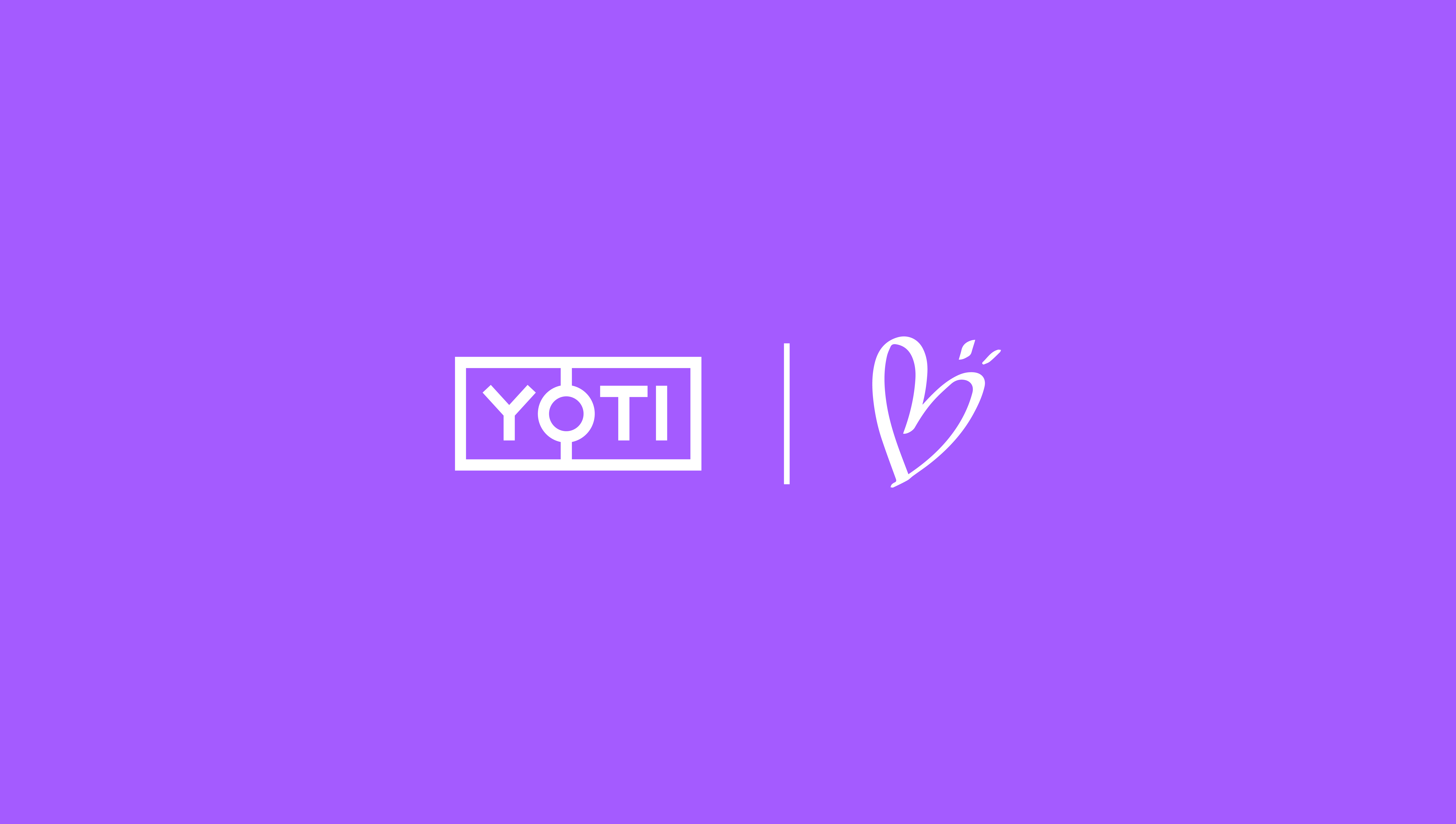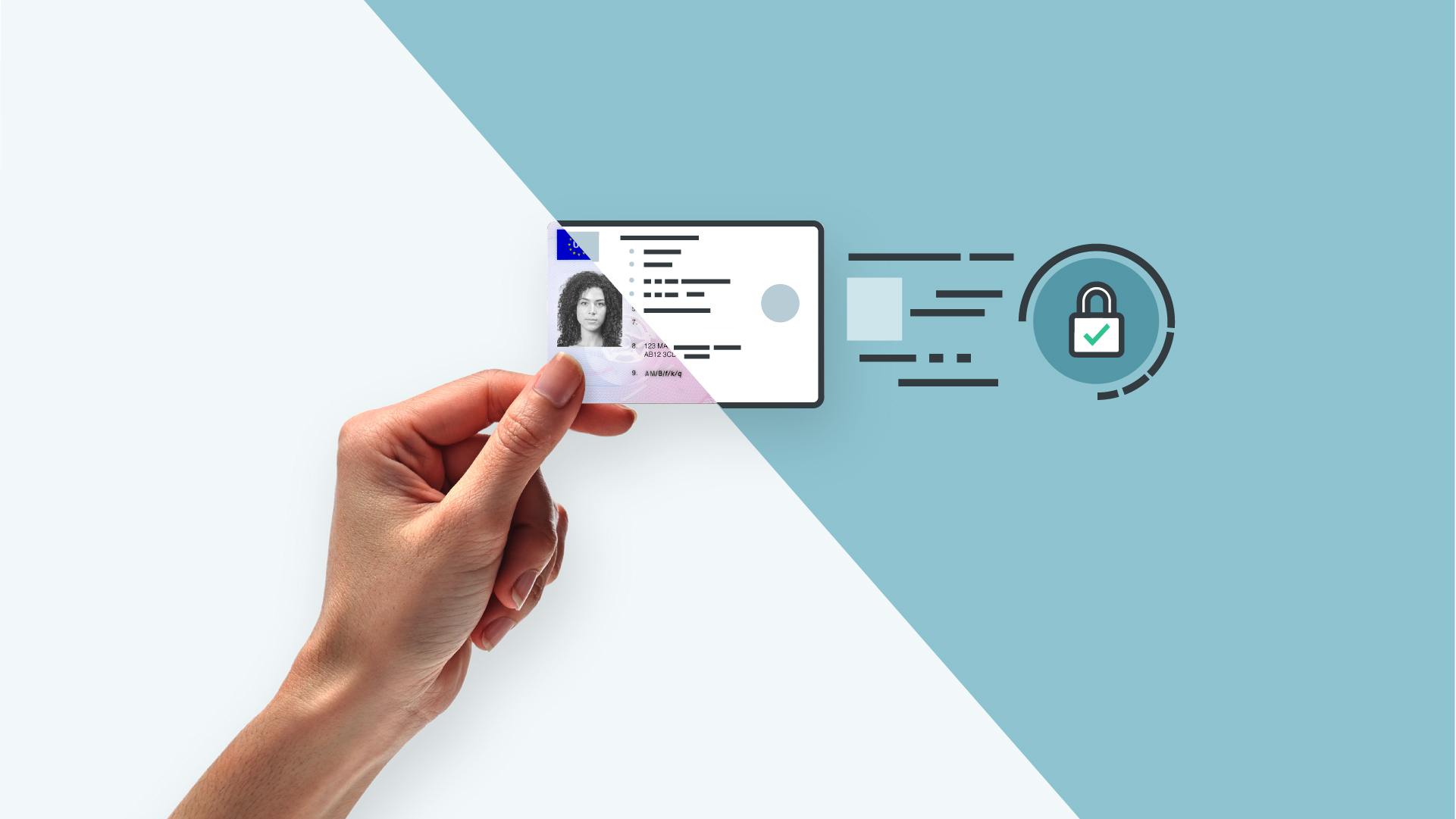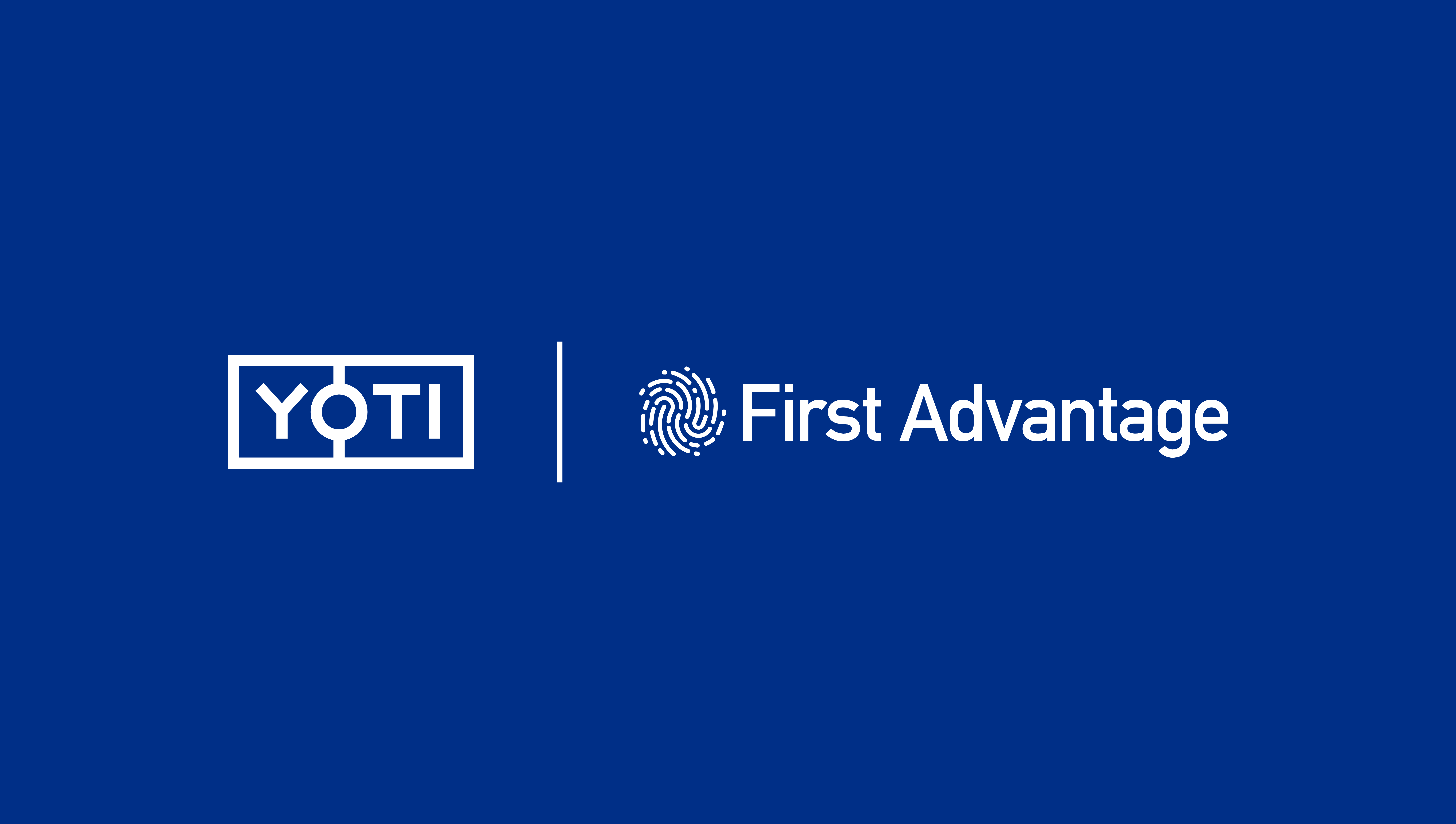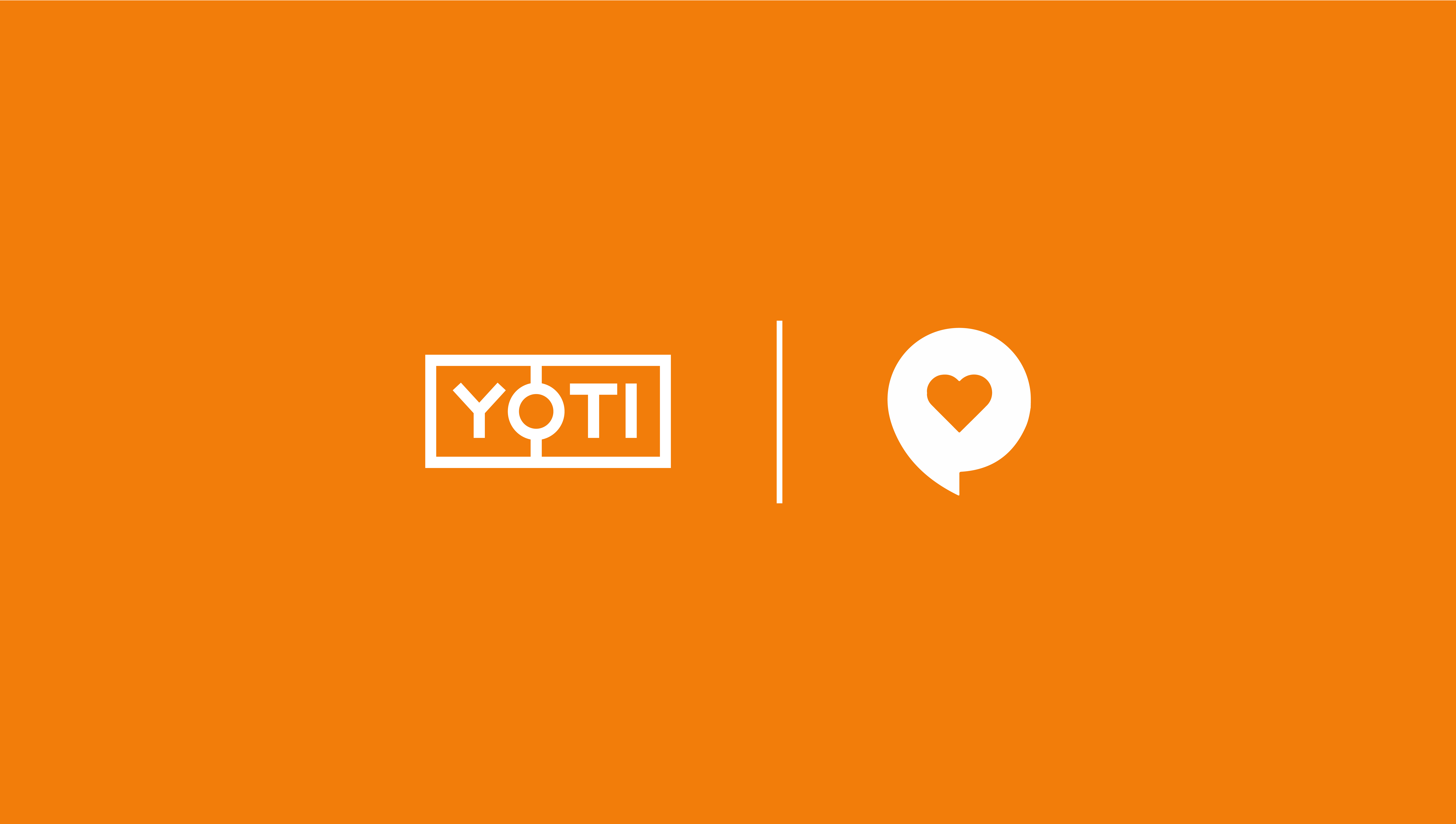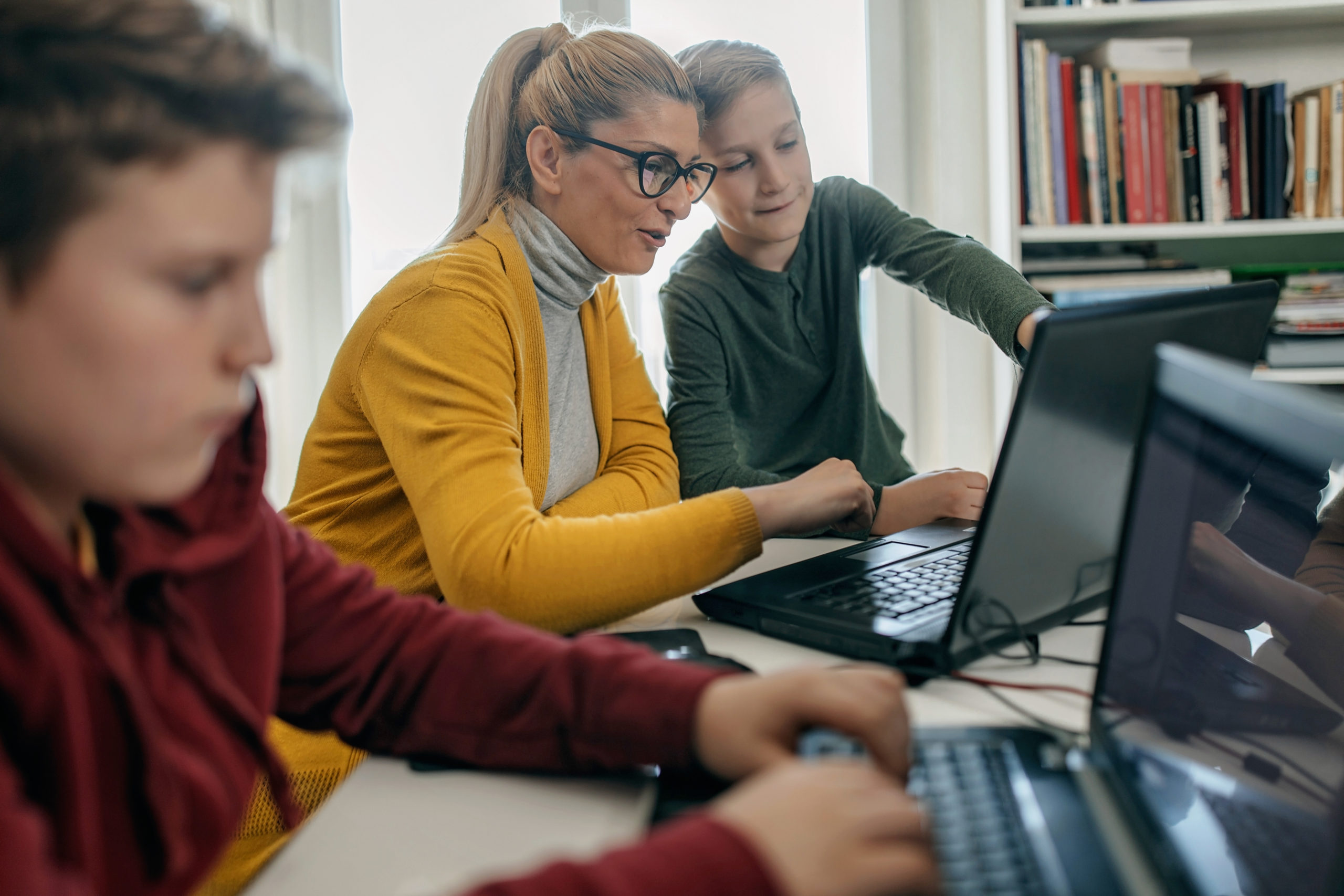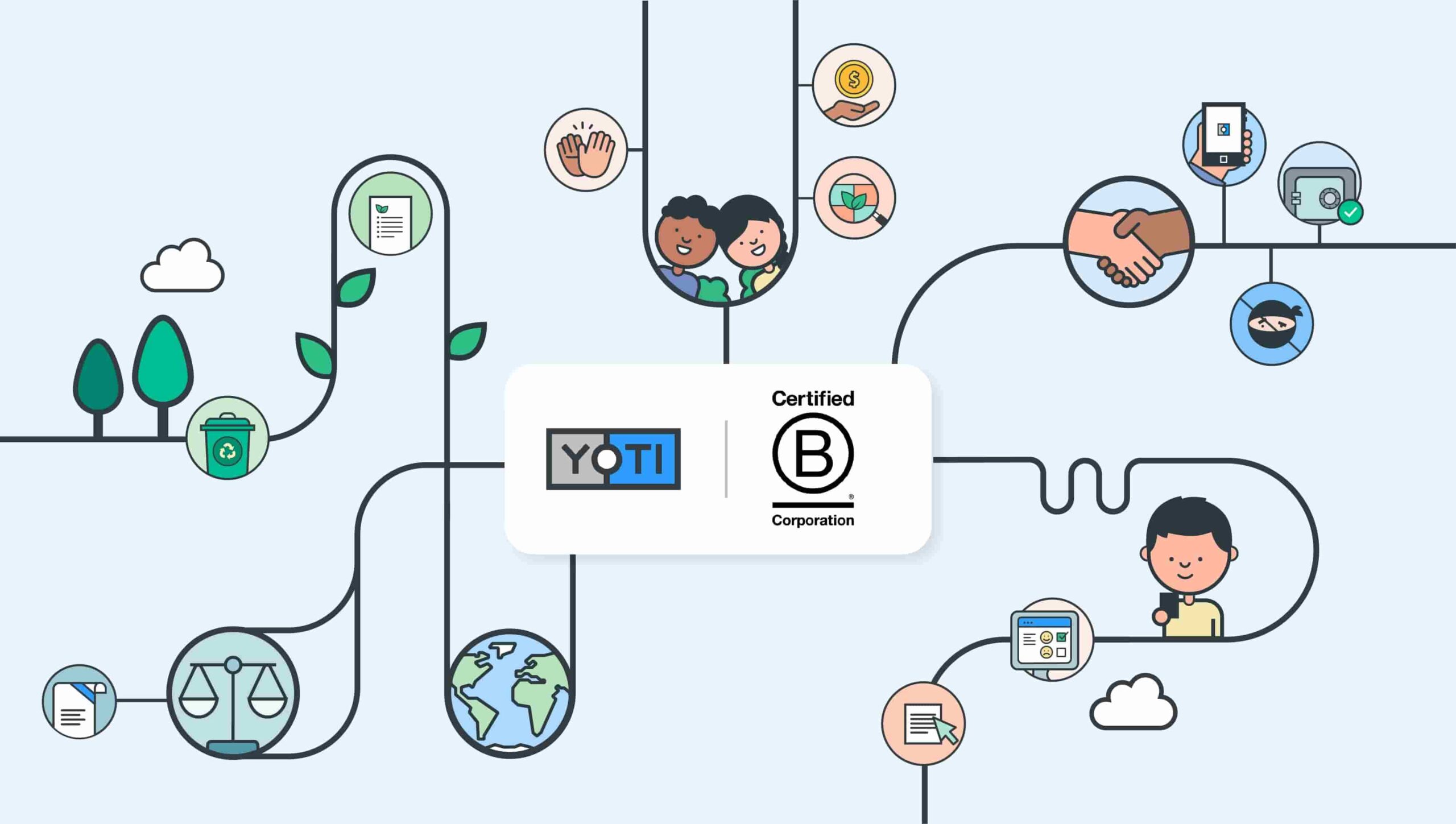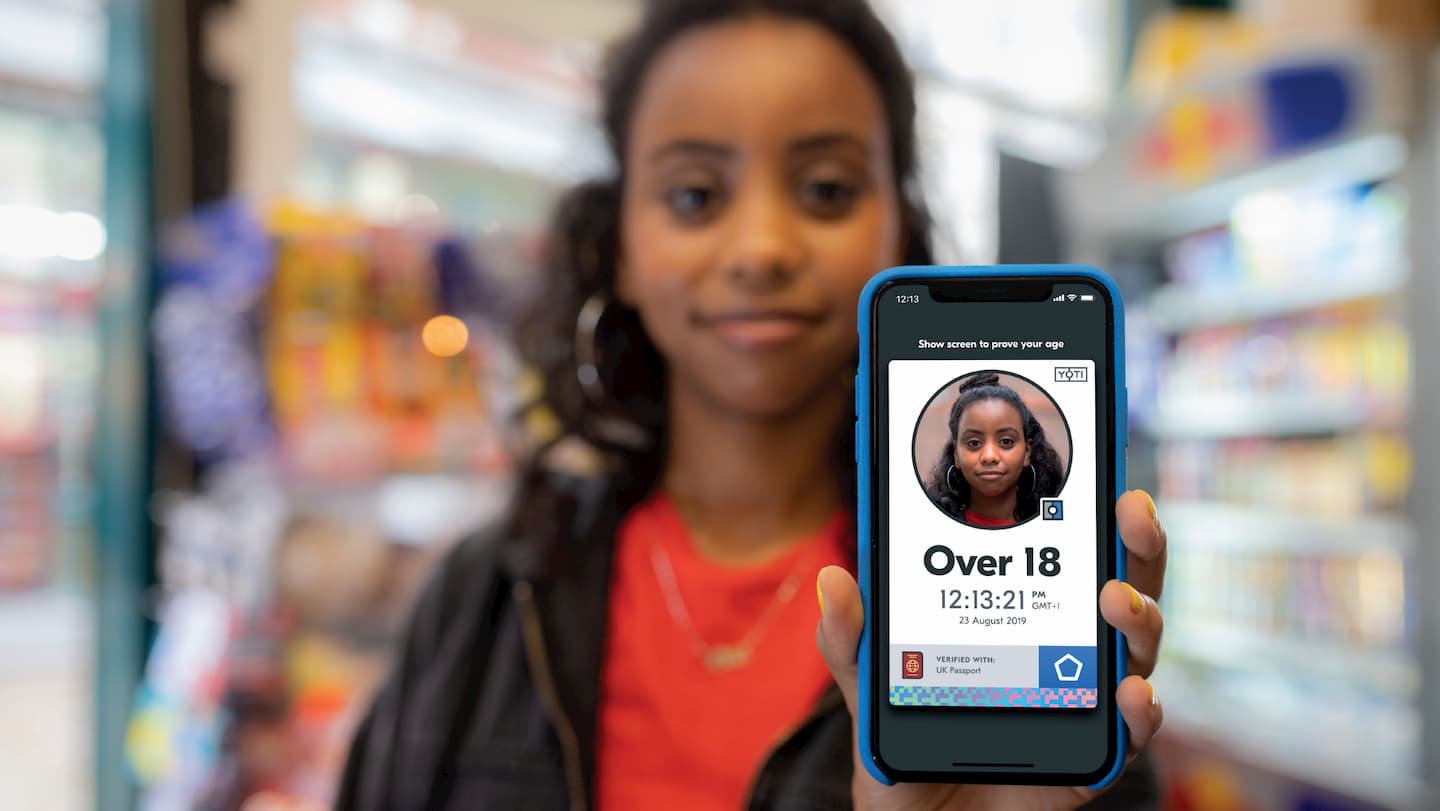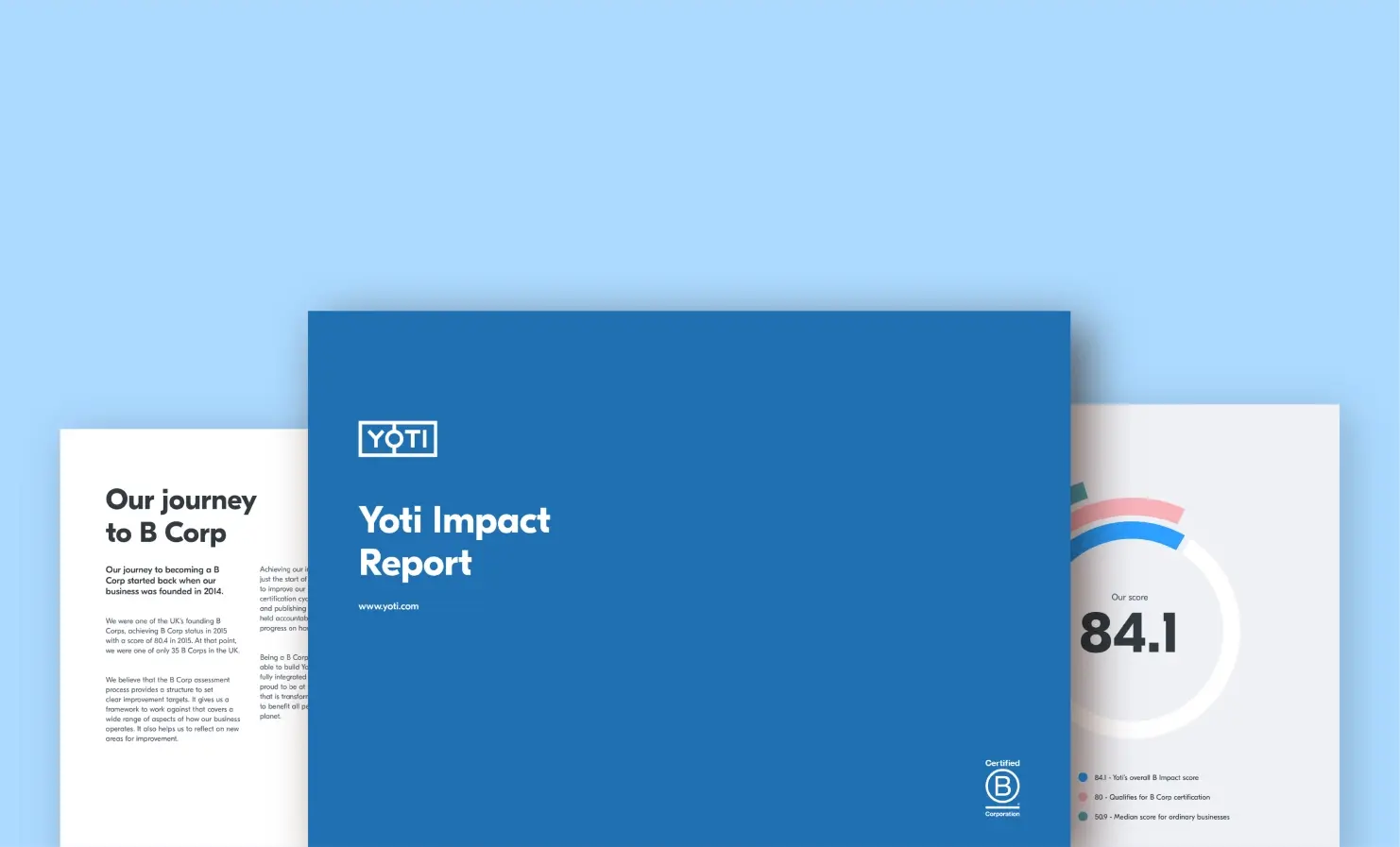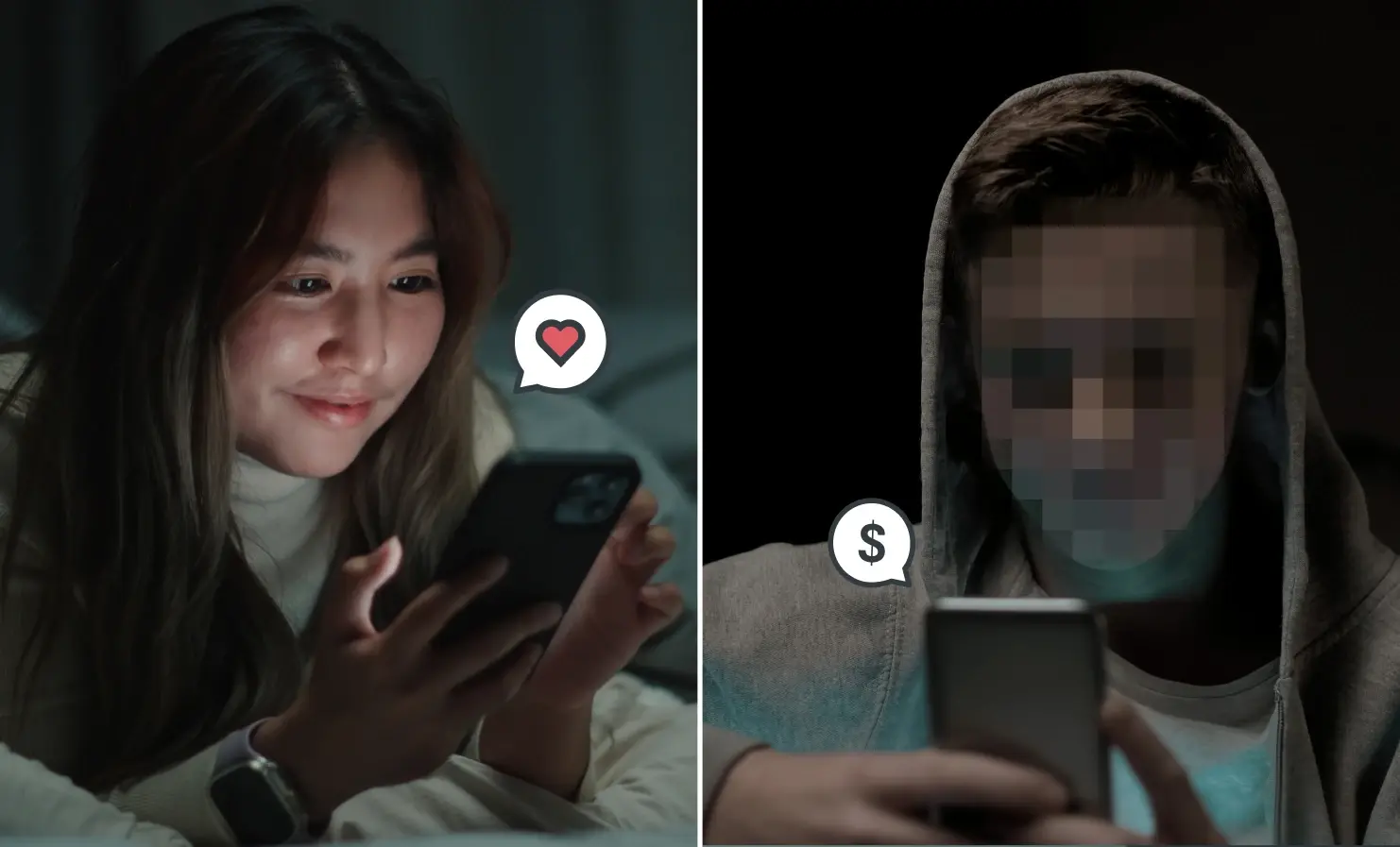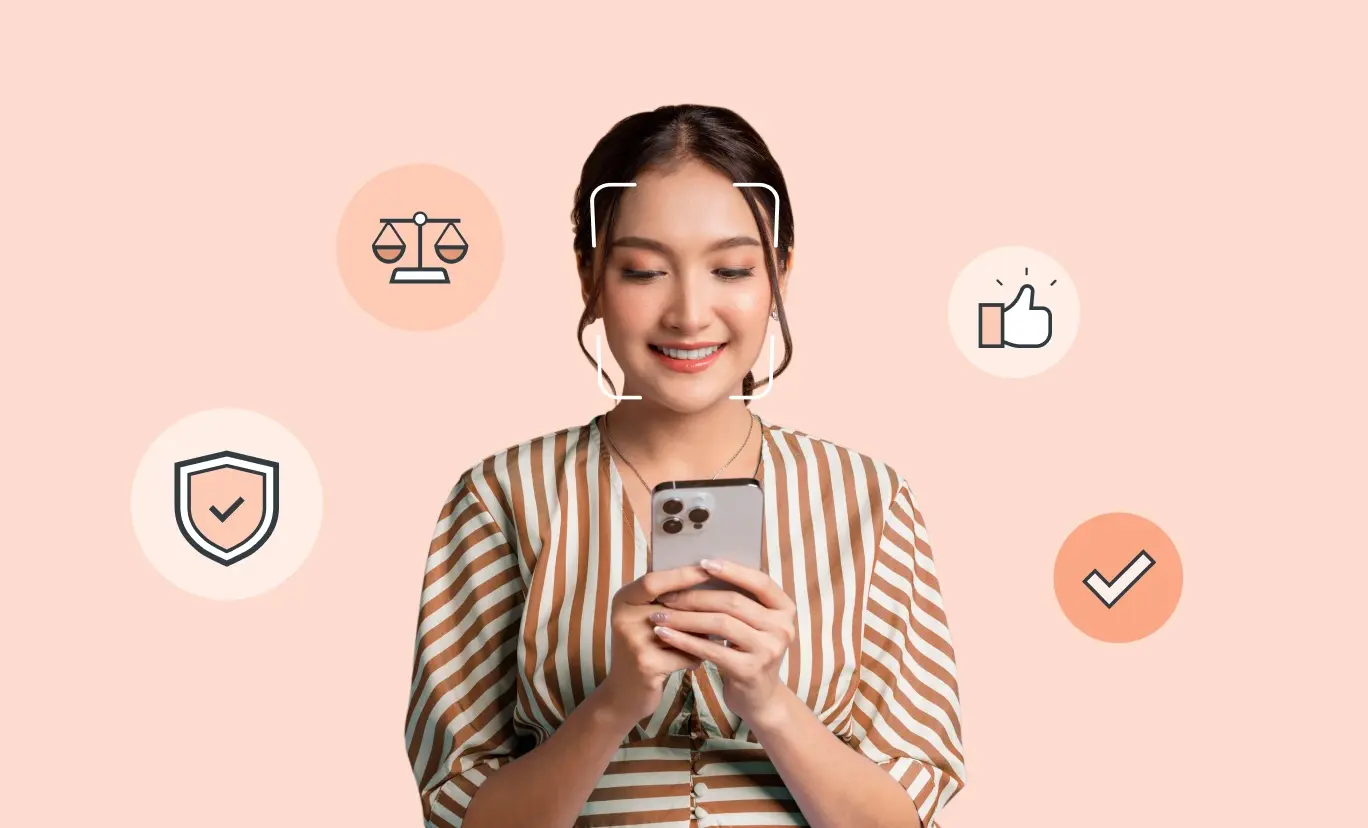Yoti blog
Stories and insights from the world of digital identity
Fluttr launches UK’s first dating app requiring full ID verification – guaranteeing users protection from fake profiles, catfishing and romance fraud
Fluttr launches UK’s first dating app requiring full ID verification – guaranteeing users protection from fake profiles, catfishing and romance fraud Digital ID verification of all users is combined with human moderation to create a safe experience for Fluttrers Fluttr harnesses artificial intelligence driven content monitoring to keep the app ecosystem safe, including award-winning AI-powered image moderation for the detection of inappropriate content Fluttrers can connect and game together, with games such as ‘Mystery Fluttr’, a game inspired by the popular TV show ‘Blind Date’, to help people connect and to make the online dating experience more entertaining LONDON
Why it’s time to automate your customer verification process
You want the digital experiences your business offers customers to be highly functional and efficient. At the same time, customers expect a seamless online experience, as well as frictionless and secure payment choices. In order to meet those needs, verifying your customer’s identity with Artificial Intelligence (AI) and machine learning should be a fundamental first step for every business to deliver better online customer onboarding processes. However, many companies are still relying on outdated processes, causing unnecessary friction for customers and exposing their businesses to errors and potential costly reputational damage. Automating certain parts of the identity
First Advantage Delivers Digital Identity Services through Yoti Partnership
First Advantage Delivers Digital Identity Services through Yoti Partnership Yoti digital identity services to be offered via the First Advantage technology platform Joint go-to-market strategy enables promotion of digital identity services aligned with upcoming April 2022 updates to UK Right to Work & UK DBS Checks London, UK – 10th February 2022: First Advantage Corporation (NASDAQ: FA), a leading global provider of technology solutions for screening, verifications, safety and compliance related to human capital, has announced the signing of a strategic technology integration partnership with Yoti, a UK-based digital identity leader. The technology integration partnership will allow First Advantage to
Safer Internet Day: Helping young people thrive online
Today we’re celebrating Safer Internet Day (SID) – an EU-lead initiative encouraging safer and more responsible use of online technology. On this day, organisations around the world promote the safe and positive use of digital technology for young people. As part of the global landmark event, this year, the UK will explore the theme ‘All fun and games? Exploring respect and relationships online’. Young people are shaping the interactive entertainment spaces they are a part of and SID 2022 celebrates their role in creating a safer internet, whether gaming and creating content or interacting with their friends and peers.
Preloved increases member safety with verified ID checks from Yoti
Preloved is integrating new technologies to enable people to verify their identity in seconds boosting transparency, trust and safety in the classified community London, UK – 21st January 2022 – Preloved, one of the UK’s most trusted classified advertising sites, has announced that it is introducing new safety measures that will enable its users to verify their profile using Yoti’s identity verification technology. The move will improve the security of sales for sellers and buyers alike, who will be able to transact online with additional peace of mind. With over 9 million members and thousands of sales every day
The UK's Online Safety Bill: moving towards a safer internet
The Online Safety Bill is the UK Government’s chance to make the internet safer for all. It is also a major step forward in the battle against online harms and goes hand in hand with our commitment to protect young people and the vulnerable online. While it’s the responsibility of everyone to make the internet a safer place, regulation is necessary to make businesses act responsibly. The Online Safety Bill’s key recommendations Since a first draft was issued in May, MPs and peers have made four recommendations, as well as many others, to strengthen the Bill: What’s illegal offline
Browse by category
Essential reading
Get up to speed on what kind of company we are

